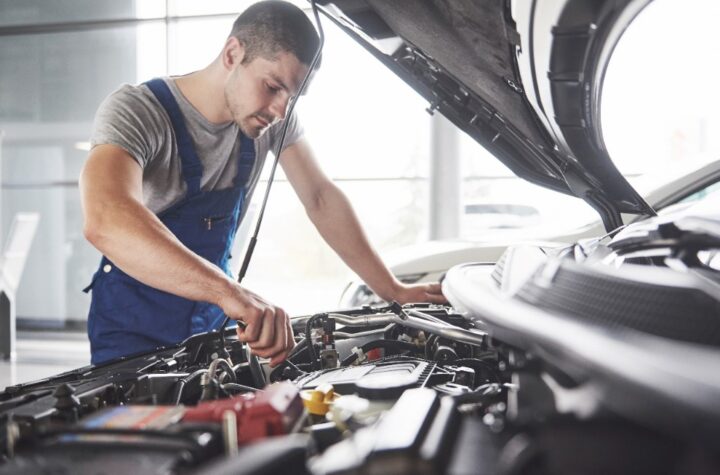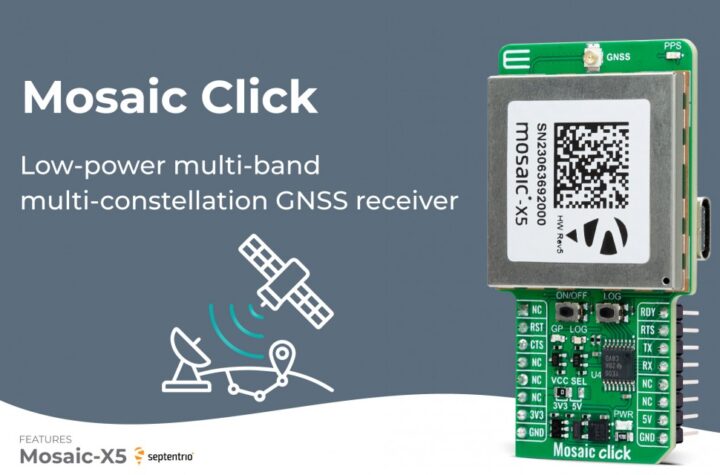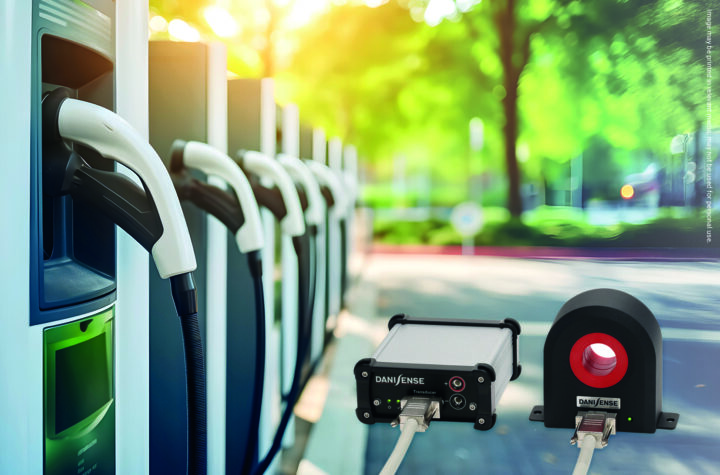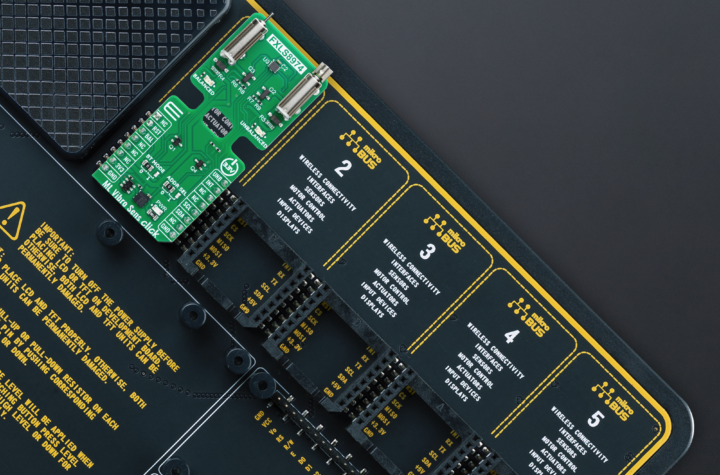
The United States Council for Automotive Research’s (USCAR) Vehicle Recycling Partnership (VRP), composed of researchers from DaimlerChrysler, Ford Motor Company and General Motors Corporation, is taking a leadership role in optimizing the recycling of ALL materials in shredder residue, regardless of their source.
As part of its work, the VRP recently contracted with ECO2 Plastics Inc. (ECOO.OB), of San Francisco, to evaluate its proprietary polyethylene terephthalate (PET) plastic recycling technology. The ECO2 technology removes substances of concern from plastics recovered from “shredder residue” — the material left when end-of-life vehicles (ELV), household appliances and other large items are “shredded” by a large, grinding hammer-mill, or shredder, as part of their recycling process.
While the U.S. automakers have worked diligently to eliminate substances of concern (SOCs) from general vehicle content, some SOCs can still be found in shredder residue, which contains materials from a combination of automotive and non-automotive sources. These materials come from such non-automotive sources as appliances, building demolition materials and commercial and industrial waste. Therefore, the U.S. automakers, in their continued efforts to optimally recycle all of the materials in end-of-life vehicles, have taken on a broader environmental leadership role in dealing with SOCs regardless of their source.
ECO2 Plastics is one of several private industry innovators working with the VRP and its partners to develop shredder residue recycling solutions. The shredder residue plastics are cleaned in an environmentally friendly process, which uses no water and deploys a biodegradable solvent and liquid carbon dioxide (CO2) to remove the substances of concern so that the plastic can be more readily reused.
“We are encouraged by our initial review of the ECO2 process,” said Nakia Simon, DaimlerChrysler product development engineer and VRP representative. “Innovative processes like these can help bring us closer to our goal of more fully recycling all end-of-life vehicles with the added benefit of creating a recycled product for automotive use.”
Currently, more than 84 percent, by weight of materials, of each ELV in the United States is recycled, with 95 percent of all vehicles going through the existing infrastructure. ECO2’s proprietary recycling process addresses the plastics found in the unrecycled portion. If successful, such a system will enable recovered plastics to be more easily reused.
“Sustainable end-of-life vehicle recycling is a global issue,” said Rod Rougelot, CEO of ECO2 Plastics. “ECO2’s recycling process has been found to clean the plastics recovered from shredder residue to a level that meets the regulatory guidelines, allowing it to be reused as recycled plastic content for new automobile manufacturing.”
The USCAR VRP currently is engaged in a Cooperative Research and Development Agreement (CRADA) with the U.S. Department of Energy’s Argonne National Laboratory and the Plastics Division of the American Chemistry Council to address the sustainable recycling of current and future materials from ELVs. This is the third CRADA established among the participants since the inception of the VRP in 1991.
As part of the CRADA team, the VRP is collaborating with private industry and government to discover and implement innovative recycling solutions to enhance the current market-driven U.S. vehicle-recycling infrastructure.
ECO2’s PET plastic recycling technology has the potential to be one of several positive recycling solutions for shredder residue that fits within the current U.S. recycling infrastructure.
ECO2 Plastics (ECOO.OB), formerly ITEC Environmental Group (ITEC.OB), is a publicly traded company engaged in PET plastic recycling. The company’s patented and patent-pending process was developed through a research partnership with Honeywell FM&T and the U.S. Department of Energy. ECO2 Plastics is the exclusive worldwide licensee of the technology. Headquartered in San Francisco, the company operates a recycling plant in Riverbank, Calif., and has another plant currently under development in Southern California.
Founded in 1992, USCAR is the umbrella organization for collaborative research among DaimlerChrysler, Ford and General Motors. The goal of USCAR is to further strengthen the technology base of the domestic auto industry through cooperative research and development.
The Vehicle Recycling Partnership (VRP) is one of the programs managed through USCAR, and addresses shared technological and environmental concerns related to sustainable and environmentally friendly vehicle recycling practices.
The CRADA team’s research is supported by the VRP, the Plastics Division of the American Chemistry Council and the U.S. DOE Office of FreedomCAR and Vehicle Technologies.















More Stories
Easy Car Maintenance Tips to Prevent Accidents Due to Malfunctioning Parts
Exploring the Best 2024 Jeep Gladiator Add-ons for Performance and Style
Maximizing Tire Life with the Right Air Pump for Car Tires